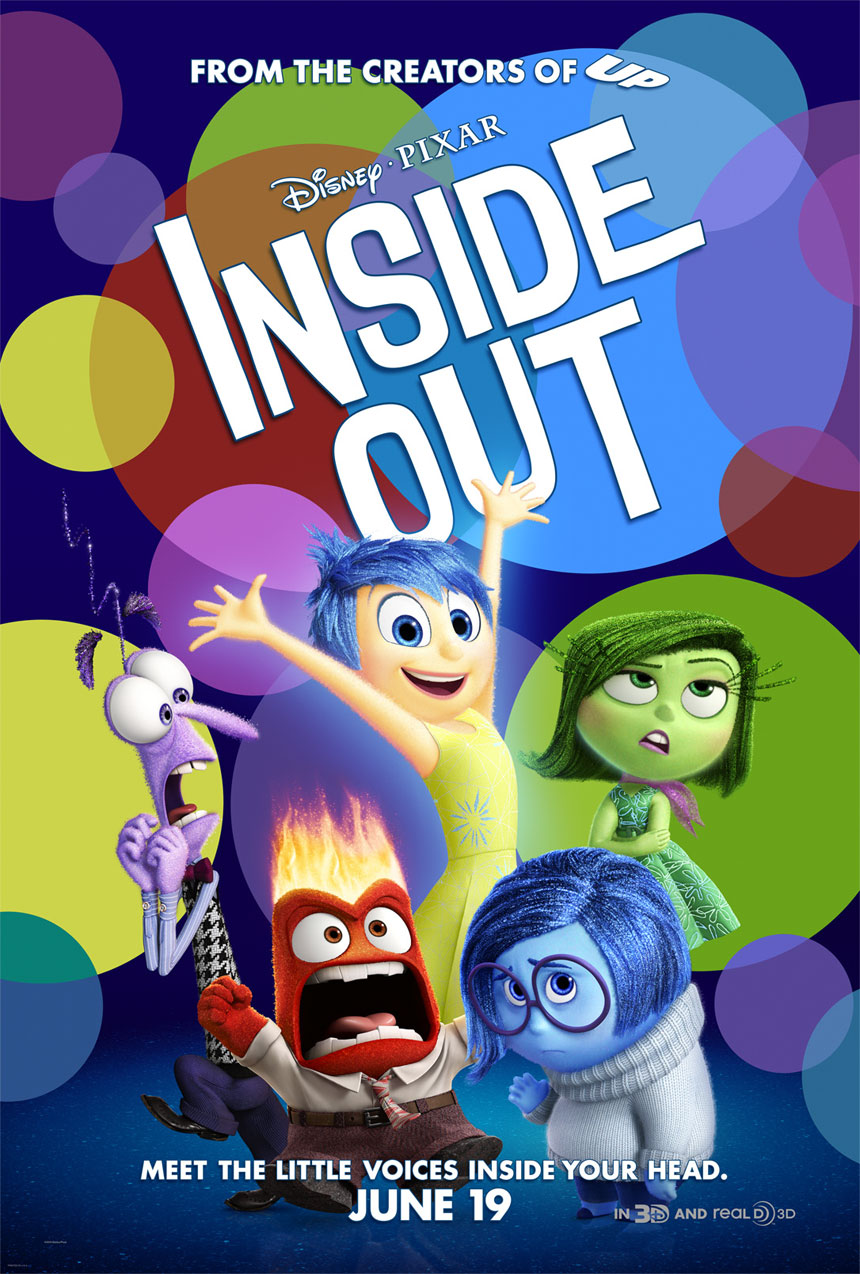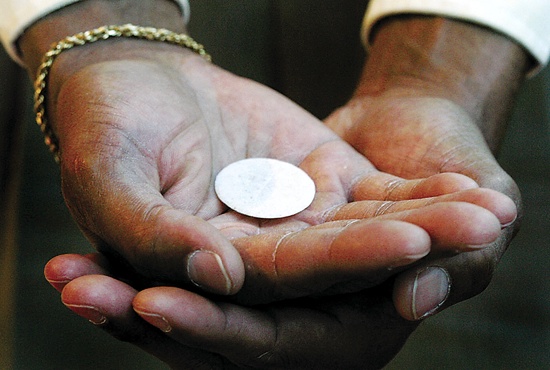Recently it seems as if the lectionary is bowling me some challenging text: it's just the way the preaching rota falls, of course! Yet, combined with the undercurrents of protest, political uncertainty and powerful acts of compassion within communities, the complexity of Scripture in speaking into that is accurately evident. Today's readings at the Eucharist were: Jeremiah 20:7-13; Romans 6:1-11; Matthew 10:24-39. As human beings, events provoke strong reactions in us - including anger at injustice and events which are cataclysmic. How do we pay attention to that rage in prayer, action and deeper engagement with our communities and structures. After all, there is no 'us' and 'them' but only us.
This is a personal grappling - it's not a definitive homiletic answer. As I wrestle with this, I am very grateful to a post by Mike Higton which named the discomfort around prayer versus rage.
One of the things which puzzled me was Jesus talk of proclaiming what we hear whispered and telling things in the light. At the back of my mind as I wrote this sermon as a series of Facebook threads in response to posts by Linda Woodhead about the report 'An Abuses of Faith', produced by the Independent Peter Ball Review. It painfully sets out how far short we have fallen in our institutional faithfulness to the Gospel. When authority colludes with the abuser, we have failed to hear the cries of the most vulnerable. Prayer and rage are responses which become the impetus for change.
On Wednesday, the hottest day of the year, hundreds of protestors marched from west London to Downing Street to protest in support of Grenfell Tower survivors: an event billed as a ‘day of rage’.

On Wednesday, the hottest day of the year, an impromptu prayer meeting was held at Kensington Temple to intercede for a city rocked by terror attacks and fire: an event billed as a ‘day of prayer’.
Both events were motivated by the devastating consequences of a ravaging fire, by anger and compassion.
Both events expressed fierce emotions in cries of lament, cries for justice, for change, and yes, of rage.
In discussions on social media - and face to face - there was much discussion about the relationship between the two - and the appropriateness of ‘rage’. Some Christians came down on the side of ‘day of prayer’. Others felt that we should be angry - and that now was time of going beyond heavenward piety towards practicing righteous or prophetic anger
Is it such a stark dichotomy - directing our emotions to God, perhaps, rather than expressing them in a march along our streets? Or is it a delicate balancing of both/and - of us learning to lament well, learning to acknowledge, and harness, the depth of anger without tipping into hatred?
Do we channel our emotions into prayer, express them in protest or explore how they go together?
As Christians we need to pay deep attention to our emotions and reaction, to that which is provoked in us.
When we face heart-break and grief, we might cry in despair: we express those things before God - but we also seek to console and be consoled.
When we receive wonderful news, something wells up within us; we want to talk about it, celebrate it, relish it; but we also give thanks to God.
When we are elated, hurting, exhausted, fearful or joyful, we do something with those emotions: we act on them - and as Christians we bring them to God in prayer.
Our prayer is a response to tragedy, part of our public witness; it also enables us to align our actions with God’s will and purposes for us and for creation.
Our prayer is a response to tragedy, part of our public witness; it also enables us to align our actions with God’s will and purposes for us and for creation.
If our faith has everything to do with justice - and the structuring of our society - then there is more for us to do in exploring how prayer relates to anger, prophecy to action. As a friend of mine put it: ‘it’s complex. Anger is not the opposite of peace or love’.
Each of us will know that we fight against things which hurt those we love. Today’s readings invite us to grapple with what that might mean. They are honest and raw; hopeful and inspiring; demanding and reassuring. They are difficult. But they are also about love - in prayer and protest.
The laments of the psalms reveal brutal honesty before God; the passionate voices of the prophets cry name abuse and neglect. Those voices teach us to challenge the ways of the world - and to seek a kingdom of peace and mercy for widow, refugee and orphan. Those voices are full of love, prayer and rage - they name oppression, self-seeking and the neglect of the commandments.
When Jeremiah laments, he is angry with God - he’s become a laughing stock; he’s derided and mocked for the cries of his rage against those who exploit the poor and needy. It’s not popular. Even his close friends seem to be waiting for him to stumble.
Yet he perseveres knowing that those who are against will not prevail; that the unrighteous will face shame not success. He hands over judgement to God - who knows our hearts and minds. His rage becomes a prayer of praise to the Lord: ‘For he has delivered the life of the needed from the hands of the evildoers.’
In Jesus Christ, God reaches out our broken and fragile world by dwelling with us. What we see in him is a refusal of revenge and the breaking of cycles of violence. And yet, we must be wary of smoothing out the challenge - the one who cast out the money changes and turned over tables - a radical and disruptive act - also breathed on his disciples at his resurrection, saying ‘peace be with you’.
In today’s Gospel, Jesus describes the cost of our witness to the love of God: a love which brings healing, and stands against injustice. It takes us to the heart of prayer and rage. We hear of fractured families, the reality of persecution and the challenge of being ‘like’ Christ Jesus our teacher in hostile conditions. And yet, in the midst of this prophetic lament, Jesus defuses our fear, saying: So have no fear of them; Do not fear; So do not be afraid.
Grappling with the text again this morning during our weekly time of Lectio Divina, drew out the complexity of a text full of challenge and paradox. What is it that we are called to proclaim and make known in the light? What does Jesus mean when he says, ‘I did not come to bring peace by a sword’?
Dietrich Bonhoeffer answers this by saying: ‘The cross is God’s sword on this earth. It creates division… all for the sake of God’s kingdom and its peace - that is the work of Christ on earth!’ Or as our opening hymn puts it:
to Christ, who life no darkness knows.
Before his cross for guidance kneel;
his light will judge and, judging heal.
On the cross, God’s love for people goes to the very depth of weakness, despair, sin and abandonment. Naming division, it destroys it; the challenge of the cross is that such peace demands a bigger vision.
It is a love that shifts our focus from the priority of biological kinship to a more radical concern for the created order. The Kingdom that has come near in Christ Jesus is one which challenges violence, abuse and exploitation - within church and society.
It is a love that shifts our focus from the priority of biological kinship to a more radical concern for the created order. The Kingdom that has come near in Christ Jesus is one which challenges violence, abuse and exploitation - within church and society.
It will cost us to love those who are broken-hearted, dispossessed and vulnerable as we work for a Kingdom where there is equity and dignity.
It will cost us to love those who are in positions of power as we bring to the light abuses of authority; we proclaim a message of repentance, a radical change of heart and practice.
It will cost us to articulate a vision for the NHS, taxation, Brexit and social care which protects the weak, fosters interdependence, encourages enterprise and condemns greed.
Prayer and rage can express this love: God’s love for all people is reflected in the cross and resurrection; it summons us to discipleship and life in its fullness - life not as possession, but as gift for our world.
Here in this Eucharist we are invited to name the things which assail us in the present, focusing our prayers and shaping our actions. Here we are drawn back to the memory of God’s faithfulness - recalling that we die and rise with Christ; knowing that we are no longer enslaved to sin - that we are to live in him.
When Paul writes to the Roman Christians in this way, this is both a powerful vision of the world being reconciled to Godself though his Son; it is also a compelling challenge to walk in newness of life. Here in this Eucharist we glimpse God’s Kingdom and allow our future to be reimagined.
Do we stop praying and raging? No. For God’s love makes possible a confidence that drives out fear: the God who loves the sparrows - counts the hairs of our head. Sometimes confession our faith in Jesus will make us stand out; sometimes responding to the good news will disrupt our life.
The theologian Bill Cavanaugh writes: The church, as the body of Christ, is called to be an alternative to the atomisation of [US] society promoted by individualism, the market, and the state. As an alternative social body, the church realises the eucharistic imperative to be what we receive, to become the body of Christ and allow others to feed on us.’
We are to be faithful to the task that God has given us - in prayers of raw lament, in acts of compassion, in understanding our rage and, in the power of the Spirit, directing it to build God’s Kingdom.
Awake and rise, like people renewed,
and with the Spirit’s power endued,
the light of life in us will glow,
and fruits of truth and goodness show.
© Julie Gittoes 2017










